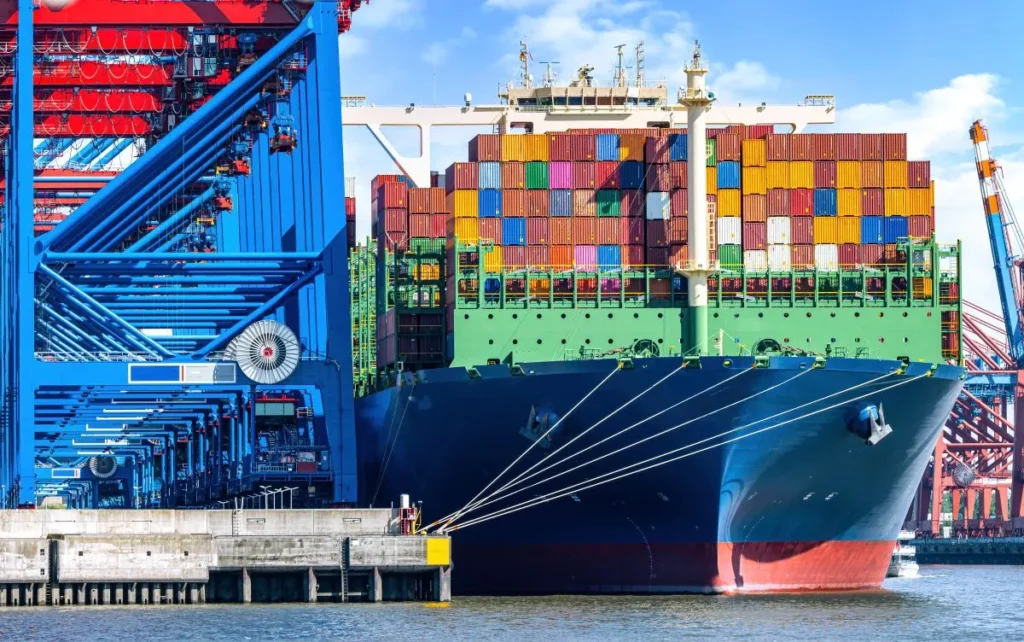The International Monetary Fund (IMF) forecasts a 3.2% increase in global trade volumes in 2025, spurred by easing geopolitical tensions, the rise of e-commerce, and growing consumer demand in emerging markets. This positive outlook provides new opportunities for freight forwarders and logistics providers to enhance their services and capitalise on cross-border shipping.
Cutting-edge technologies such as artificial intelligence (AI), blockchain, and Internet of Things (IoT)-enabled devices are being increasingly adopted within the logistics industry to optimise supply chain operations. These advancements are transforming shipment tracking, customs clearance, and warehouse management, leading to cost reductions and improved customer satisfaction. Steve Parker, Director General of BIFA, notes, “2025 is the year where digitalisation and data-driven decision-making will become a necessity rather than an advantage.”
Sustainability is set to be a key priority in 2025, with global regulators and consumers demanding environmentally conscious practices. Companies are investing in carbon-neutral shipping solutions and green technologies such as electric vehicles and alternative fuels. Ports and shipping hubs are also adopting cleaner energy practices to reduce emissions and meet international environmental goals.
“Shippers are now looking beyond cost and speed—they want greener logistics solutions. This shift is creating both challenges and opportunities for logistics providers,” Parker highlights.
The global e-commerce market, expected to exceed USD 7.4 trillion by 2025, is driving the need for efficient logistics and last-mile delivery solutions. Freight forwarders are adapting to the demands of faster shipping and expanded network coverage, particularly in underserved regions.
Despite the promising outlook, the industry faces critical challenges, including fluctuating demand and supply dynamics, geopolitical uncertainties, fluctuating fuel costs, and regulatory complexities. Labour shortages in key markets also underscore the need for investments in workforce development and automation.
As 2025 progresses, the international freight forwarding and logistics sector stands at a pivotal moment. By embracing innovation, prioritising sustainability, and navigating global trade dynamics, the industry is well-positioned for sustainable growth and resilience amidst ongoing challenges.
“The trade association that represents UK freight forwarding and logistics companies that manage international supply chains will be ready to support our members in those multiple endeavours,” concludes Parker.









